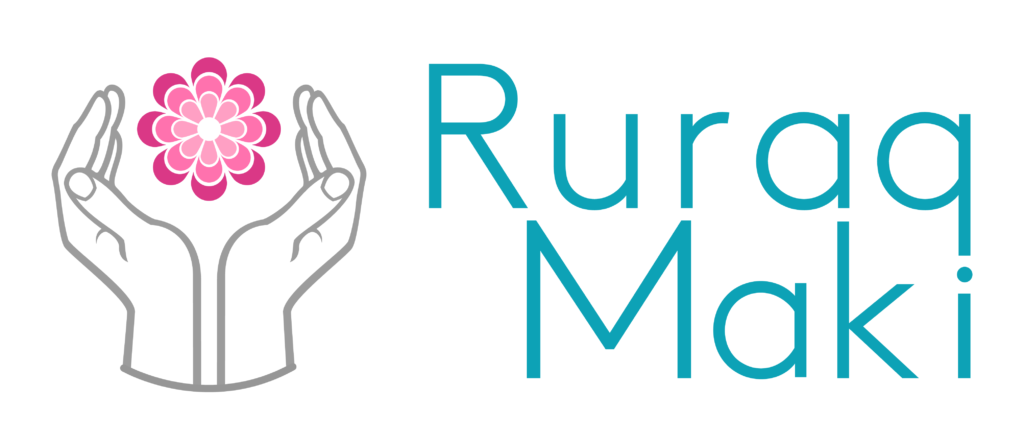
The Kani team- Katia, Pipo, & Akira
Kani started off the class with a game called the Marshmallow Challenge. The women were divided into teams of four and given four materials- dry spaghetti noodles, one marshmallow, tape, and string, with the goal of creating a structure that would support the marshmallow. The highest marshmallow wins!
The game was multi-purpose. First, it served as a refresher to yesterday’s class, where Kani discussed the importance of the process in relation to goals. It also asked the women to work together and notice what dynamics emerged. Finally, it began the process of product prototyping (and improving on an existing design) and innovative thinking.

The women test their marshmallow structures!
Unfortunately, no team’s marshmallow structure stood the test of gravity, but it was a riot watching the collapse of marshmallow city. After the game, the women went around and discussed their experience and Kani expanded on the goals of the game. They reminded the women of the importance of the process and thinking beyond the highest goal, to rather, the attainable one. They also discussed group dynamics, and finally, design process in relation to competition. For example, only one group used a base for their structure, while the others copied the competition and created sky-high structures with little support.

Akira discusses business models
Next, Kani discussed the three most common business structures: for profit, non-profit, and social business and considered the pros and cons of each. Interestingly, the women wavered between a non-profit or social business model for their mock company, Kori. Then we moved on to the lifecycle of a product or service, from the initial design, to materials needed (and their costs), production, sales price, and finally meeting client needs. Kani invited a “representative” of Kori to sell Katia a pair of earrings, and together they dissected the needs of the client based on the experience. If you’re starting to feel like this class is thorough then you’re right!

Katia tries on earrings with a Kori representative
The class concluded with an in-depth discussion of how to break down costs of a business and product and finding an appropriate retail price. Akira, a math wizard, went through each category of cost- materials, human resources, business expenses, and business taxes. He also broke down the Peruvian minimum wage, and taught the women how to calculate the cost of each product in time, based on how much they wanted to work. Yup, thorough.
Finally, the women settled on a sale price, which was 7 soles more than they originally calculated. The takeaway? That costing products is an essential part of the business that needs to be done correctly to be profitable! Most importantly, though, is that the women understand the process and see how each step creates a sustainable business.
The women are incredibly engaged in this course, even more so than I expected. I see this engagement as an engagement in their future. There is a feeling of hope and possibility in the air and, more so, the women are being treated like the competent individuals that they are. These women are intelligent, and they learn quickly, what they need are the resources and the tools to support this intelligence. And that’s exactly what this class is all about.
